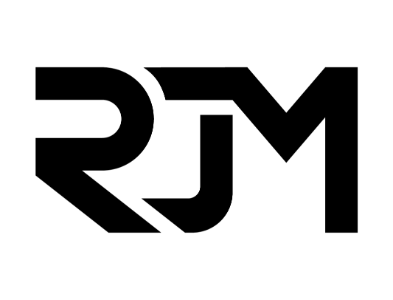You're Not an Imposter, and You Need to Accept That!
May 07, 2024
Many of us carry a secret fear that we don’t truly deserve our successes, suspecting that sooner or later, everyone will realize we’re not as capable or talented as they think. Now, there are people who have faked it, and somehow made it, and need to be found out while others claim it, but haven't made it, and need to be found out as well.
But for the rest of us, this very real fear is often labeled as "imposter syndrome." What if this label is not only inaccurate but also harmful?
It’s time to step away from this mislabeling and embrace a clearer, more empowering truth: You are not an imposter!
The label of imposter syndrome can be comforting because it gives a name to our internal struggles. It’s widely discussed in articles and across social media, making it even more attractive to adopt. However, using this label can stop us from exploring the deeper, unique reasons behind our insecurities, such as past experiences or deeply rooted beliefs about our abilities.
Labeling ourselves as imposters can seriously limit our growth. If we believe our accomplishments are just lucky breaks, we might not push ourselves to seek new challenges or take bold steps in our careers. This label can also lead to significant anxiety and stress, as we live in fear of being 'found out.'
While common solutions like repeating positive affirmations or seeking validation through more achievements may seem helpful, they often fail to tackle the deeper issues at the heart of our feelings. Affirmations can feel insincere if we don’t genuinely believe them, and reliance on external validation for self-esteem is inherently unstable.
Instead, a more effective approach involves a deep and honest exploration of self-awareness. By moving beyond the surface symptoms of feeling like an imposter and diving into the specific personal experiences and beliefs that fuel these feelings, we can begin to understand ourselves better. Changing our mindset to view challenges as opportunities for growth rather than threats to our identity can change the way we perceive our capabilities and worth.
Therapy or coaching can play a crucial role in this process. As a performance coach, I work with clients to help them see that they are not imposters but are genuinely skilled and deserving of their roles and achievements. We focus on developing strategies that build genuine self-confidence, such as engaging in realistic self-assessments, setting achievable goals, and learning to accept and apply constructive criticism.
It’s also vital to embrace our vulnerabilities. Recognizing that we don’t have all the answers, that we are always learning, and that everyone, no matter how successful, has moments of doubt, can significantly reduce feelings of being an imposter. This openness not only helps us connect with others more authentically but also encourages a more genuine relationship with ourselves.
Let's cast aside the imposter label. The journey to personal and professional excellence isn’t about proving you're not an imposter; it's about affirming to yourself that you are competent, capable, and worthy of your achievements. This path is characterized by relentless pursuit, resilience, and the raw honesty required to confront and grow from our insecurities.
So, step into the light with confidence. Acknowledge your accomplishments as products of your effort and skill, not as flukes. Embrace challenges as opportunities to prove to yourself what you’re capable of achieving. Your journey isn’t marked by deceit but by determination and a commitment to personal evolution.
Remember, you are not an imposter.
You are continually learning, growing, and succeeding. Commit to this journey of self-discovery and watch as you not only meet but also exceed your own expectations.
In Case You Skimmed Too Quickly
-
Imposter Syndrome is Overused: Labeling ourselves as "imposters" has become popular, but it simplifies complex emotions and prevents real self-understanding.
-
It Limits Growth: Believing we don't deserve our successes can stop us from taking on new challenges and achieving more.
-
Simple Fixes Aren’t Enough: Methods like affirmations or seeking more success don't address the underlying reasons for our self-doubt and often provide only temporary relief.
-
Dig Deeper: Instead of sticking to the label, explore the specific personal experiences and beliefs that contribute to these feelings. This deeper self-awareness can lead to more meaningful growth.
-
Seek Professional Help: Working with a therapist or coach can help you understand and overcome these feelings by providing strategies tailored to your unique circumstances.
-
Embrace Vulnerability: Recognize that it’s okay to have weaknesses and to be in continuous learning mode. This can reduce feelings of being an imposter and connect you more authentically with others.
Need more? Check out my YouTube channel below for more resources!
Subscribe to receive these in your inbox!
Join our mailing list to receive the latest news and updates from our team.
Don't worry, your information will not be shared.
We hate SPAM. We will never sell your information, for any reason.

